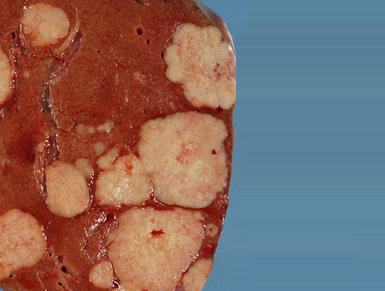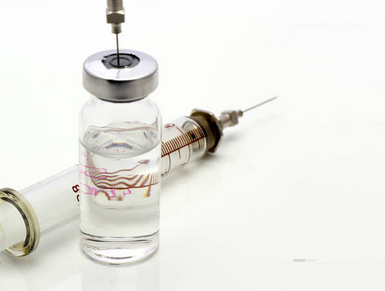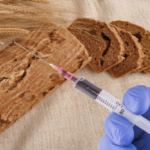Full content in Portuguese
ABSTRACT
Technologies: Dutasteride and Abiraterone
Indication: Prevention (dutasteride) and treatment (dutasteride or abiraterone) of prostate cancer.
Characterization of the technologies: Dutasteride inhibits the conversion of testosterone to dihydrotestosterone, an androgen that is directly involved in the development of benign prostatic hyperplasia. Abiraterone is an inhibitor of androgens biosynthesis, which are hormones that stimulate the growth of prostate cancer cells.
Question: Are dutasteride and abiraterone safe and effective for the prevention and treatment of prostate cancer?
Search and analysis of scientific evidence: We searched Medline (via Pubmed), The Cochrane Library and LILACS databases for systematic reviews (SR) of clinical trials that assessed the use of abiraterone and dutasteride for the treatment of prostate cancer. We searched Health Technology Assessments (HTA) in sites of international agencies and the Brazilian Network for Health Technology Assessment. Quality of the evidence and strength of recommendation were evaluated using the GRADE system. Summary of results of selected studies: Four studies, two RS and two RCTs were selected. The RCT showed that dutasteride reduced by 38-66% cancer progression compared to placebo, with similar safety profile. Both RCTs have important limitations, such as funding by the manufacturer of dutasteride, considerable loss of follow up and no evaluation of survival. No ATS recommendations of dutasterida use in the treatment of prostate cancer were found. Regarding the prevention of prostate cancer, dutasteride was evaluated in a RS moderate quality, which showed favorable efficacy results, but with possible increase of disease progression. The fact resulted in the withdrawal of the license by the manufacturer of this therapeutic indication. High quality RS showed that the use of abiraterone and prednisone promotes 26% higher survival and 45% lower disease progression compared to placebo combined with prednisone in the treatment of metastatic castration-resistant prostate cancer. However the abiraterone presented unfavorable safety profile. ATS recommend abiraterone for the treatment of metastatic castration-resistant prostate cancer who had disease progression during or after failed therapy with docetaxel. However, other drugs such as cabazitaxel and mitoxantrone could be used after failure with docetaxel, and there is difficulty in choosing one therapy over another.
Recommendations: For the initial stages of prostate cancer, surgery, radiation therapy, brachytherapy, and in some cases, vigilant observation are indicated. Dutasteride should not be used for prevention or treatment of prostate cancer, since the evidence evaluated is not sufficient to ensure a positive balance between the benefits and harms related to the technology use. For patients with castration-resistant metastatic cancer who are symptomatic, chemotherapy is indicated usually using docetaxel as first choice. After failure of first-line therapy, we weakly recommend the use of abiraterone and prednisone. For patients with castration-resistant metastatic cancer, asymptomatic or mildly symptomatic who failed hormonal therapy and are chemotherapy-naive, we weakly recommend against the use of abiraterone and prednisone, due to lack of sufficient evidence to ensure greater effectiveness of abiraterone compared with docetaxel.
DOI: 10.13140/2.1.2464.5925
































Adicionar Comentário